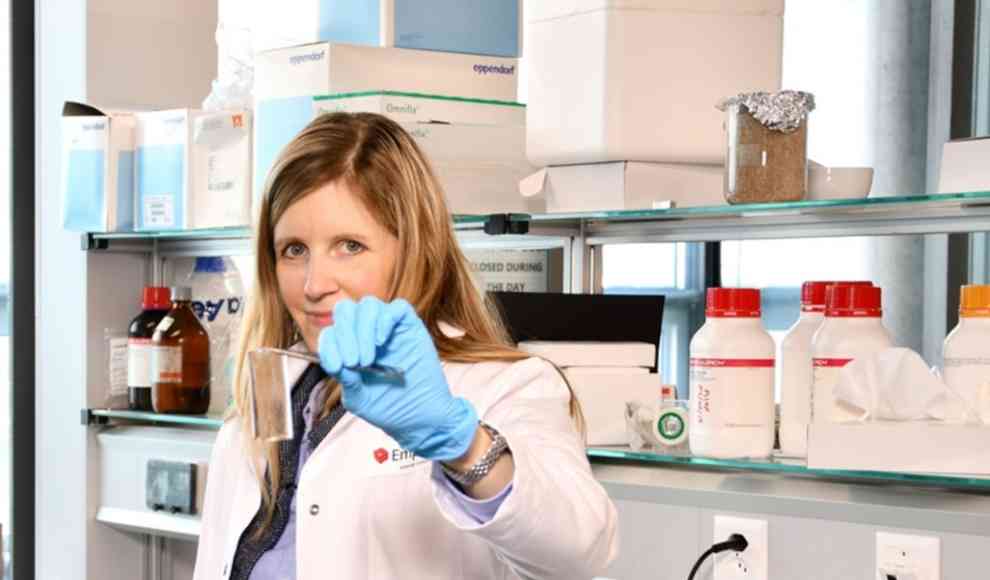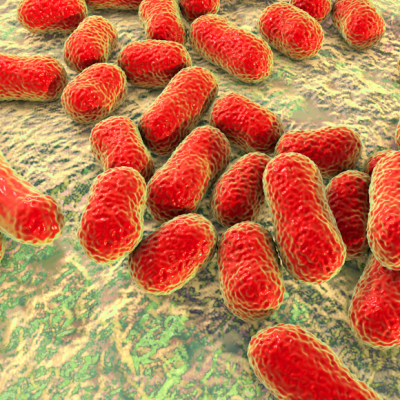A new hydrogel has been developed that can effectively close intestinal wounds, preventing the leakage of bacteria-rich contents into the abdominal cavity. Intestinal wounds are among the most challenging medical problems, requiring sutures that can withstand aggressive digestive juices and high mechanical stress. Surgeons often use protein-based adhesive patches to ensure a tight wound closure, but these patches dissolve quickly upon contact with digestive juices and do not always hold as desired. This can lead to leakage of intestinal contents into the abdominal cavity, causing severe infections.
To address this issue, scientists at the Eidgenössische Materialprüfungs- und Forschungsanstalt (Empa) have developed a new internal wound patch made of a hydrogel composed of acrylate, acrylamide, and N,N?-methylenebisacrylamide. The hydrogel is applied to the intestinal suture and hardens to form a coating that tightly adheres to the intestinal tissue, preventing the leakage of digestive juices and water. The hydrogel’s unique properties allow it to selectively react with digestive juices, swelling upon contact and sealing the wound more effectively than conventional adhesive patches.
The hydrogel’s adhesive strength is also significantly higher than that of conventional materials, and it can withstand up to five times the maximum pressure in the intestine. The scientists believe that this bio-compatible and cost-effective hydrogel patch could be a promising solution for high-risk sutures, preventing complications and sparing patients from further pain and lengthy hospital stays. The hydrogel patch could pave the way for mechanically and chemically robust wound closures that prevent intestinal leakage, improving patient outcomes and reducing healthcare costs.










